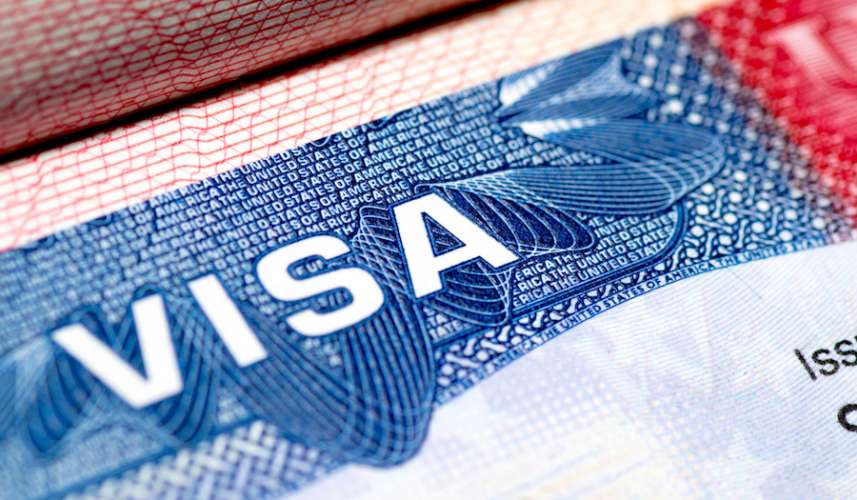The first day of Joe Biden in his office brought a ray of hope to many H1B visa holders and the Indian diaspora. He sent a bill to Congress, covering many propositions including immigration. The bill has not been approved yet.
This important change by the Biden administration will likely put a pause on, or ease, certain obligations imposed by the Trump Administration with regards to the H-1B program. “The bill provides hardworking people who enrich our communities every day and who have lived here for years, in some cases for decades an opportunity to earn citizenship” – the statement was given by the Biden-Harris transition team.
Let’s have a look at a few terms regarding the new bill
H1B Visa: The H1B Visa is a work permit that allows foreign workers to go to the United States and work for American companies. The foreigner must specifically work in a field that requires specialised knowledge, for which the employer cannot find a US-based worker. When applying for an H-1B visa, the applicant is sponsored by the American company that has hired them. The employer pays the visa fees and submits the required paperwork on behalf of the applicant.
H4 Visa: An H4 Visa is a Visa issued to dependents (spouses or children under 21 years of age) of H1B visa holders. It is a nonimmigrant (i.e. temporary) visa for the spouses and minor children of all H visa holders—which includes H-1B high-skilled workers as well as H-2A and H-2B Visas for agricultural and nonagricultural seasonal workers respectively.
Green card holder: A Green Card holder (permanent resident) is someone who has been granted authorisation to live and work in the United States on a permanent basis. As proof of that status, U.S. Citizenship and Immigration Services (USCIS) grants the person a permanent resident card, commonly called a “Green Card”. Those who have a Green Card are allowed to emigrate to the USA and stay there for as long as they like.
The decision to rescind the proposed rule on revoking the H4 work permit came on the same day Biden signed an executive order calling for the practice of racial equity in the United States. Up until the summer of 2015, H4 visa holders could not legally hold paid employment in the United States. Almost as soon as Obama changed the game, the lawsuits followed, and then the Trump presidency took the attack on the H4 Visa holders to a new level.
After years on the cliff edge, the H4 community is relieved. “We’ve had enough,” said an Atlanta resident who has a valid H4 employment authorisation document.
New Immigration bill and the key changes
- A new and speedy path to citizenship:
This is a clear pathway to citizenship for an estimated 11 million undocumented individuals in the country, prior to January 1, 2021, and legal permanent residence, for certain individuals, after five years and for U.S. citizenship after an additional three years.
- Securing spouse and children of H-1B holders:
Children of H-1B visa holders who are on the green card track, to be protected from aging out through this.
- Grant to apply for citizenship after three years:
It helps in granting conditional status with employment authorization to others, qualifying unauthorized immigrants for five years with the ability to apply for citizenship after a further period of three years.
- Removal of presence bar:
There will be an elimination of the three-year and ten-year unlawful presence bar.
- Extra benefit to STEM graduates:
This will act as a Potential pathway for eligible STEM graduates of U.S. universities to remain in the U.S.
- Something for low wage workers:
This acts as a new provision for workers in the low wage industries to get the access to apply for a Green card.
- A move to lessen the waiting period of legal permanent residence of emigrants:
The new bill helps in the recapture and use of previously unused visas from past years, clearance of backlogs, reduction of wait times, elimination of per-country caps for employment-based Green card.
- Expansion in the number of Visas:
The new bill will potentially lead to an increase in the number of diversity visas from 55,000 to 80,000 each year
The most important change that would have an impact on Indian H-1B workers and other green card candidates from India is the abolition of per-country caps on employment visas. While Trump’s rule had shattered many Indians’ dreams to go to the U.S. and get their desired job; Biden’s presidency has emerged as a bright spot for them.

